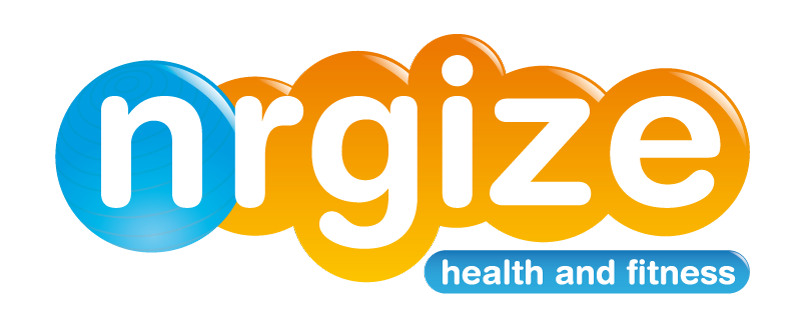There are four main blood groups. Each type can be either RhD positive or RhD negative, which means that in total there are eight main blood types.
Blood is made up of red blood cells, white blood cells and platelets in a liquid called plasma.
Your blood group is identified by antibodies and antigens in the blood.
Antibodies are proteins found in plasma. They're part of your body's natural defences. They recognise foreign substances, such as germs, and alert your immune system, which destroys them.
Antigens are protein molecules found on the surface of red blood cells.
Blood type A is the most ancient, and it existed before the human species evolved from its hominid ancestors. It has A antigens on the red blood cells with anti-B antibodies in the plasma
Type B is thought to have originated some 3.5 million years ago, from a genetic mutation that modified one of the antigens that sit on the surface of red blood cells. It has B antigens with anti-A antibodies in the plasma
Starting about 2.5 million years ago, mutations occurred that rendered that antigen gene inactive, creating type O, which has neither the A or B version of the antigen. It has no antigens, but both anti-A and anti-B antibodies in the plasma
And then there is AB, which is covered with both A and B antigens.
Red blood cells sometimes have another antigen, a protein known as the RhD antigen. If this is present, your blood group is RhD positive. If it's absent, your blood group is RhD negative.
This means you can be one of eight blood groups:
- A RhD positive (A+)
- A RhD negative (A-)
- B RhD positive (B+)
- B RhD negative (B-)
- O RhD positive (O+)
- O RhD negative (O-)
- AB RhD positive (AB+)
- AB RhD negative (AB-)
The antigens are what makes some blood types incompatible:
If blood from a type-A donor were given to a person with type-B, the recipient's immune system would recognise the foreign proteins as an invader and cue an attack. The resulting immune reaction can kill.
Type O-negative blood is known as the "universal donor" because it lacks the molecules that would provoke that reaction (the "negative" means it lacks another type of surface molecule, known as the Rh antigen).




No comments:
Post a Comment